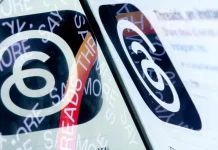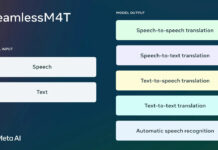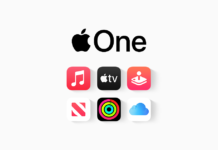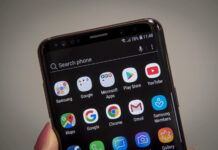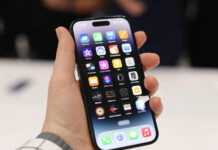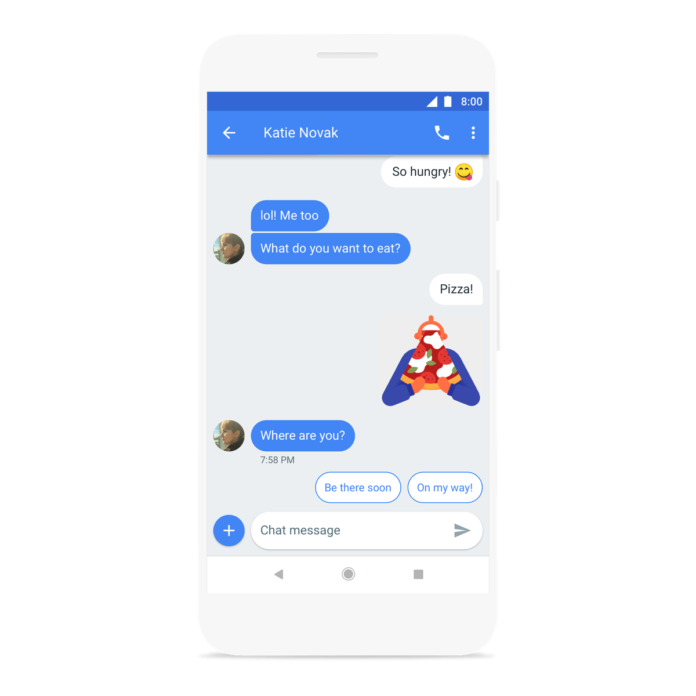Just as importantly, Google has announced that it’s finally beginning to enable a key privacy feature: end-to-end encryption. For Android users who use Android Messages, one-on-one chats will eventually be end-to-end encrypted by default, meaning neither carriers nor Google will be able to read the content of those messages.
Even though encryption is only beginning to roll out to people who sign up for the public beta for Android Messages, turning on encryption for RCS is a very big deal. It’s a massive privacy win, as it could mean that the de facto replacement for SMS will, by default, be private on the smartphone platform used by the vast majority of people worldwide.
As for the people who use that other smartphone platform — the iPhone — we have no word on whether Apple intends to adopt the RCS standard. But as every carrier worldwide gets on board, and now that there is a clearer path to ensuring private communication with RCS, the pressure on Apple to participate is likely to build.
Unfortunately, SMS becoming fully deprecated and replaced by RCS will only happen if all goes to plan for Google. Since initially announcing plans to transition to RCS as the primary texting platform for Android, the standard’s rollout has been mired in confusion. In attempting to be neutral and make Android’s texting a standard shared by carriers worldwide, Google set itself up with the job of herding multibillion-dollar cats — with sadly predictable results.
However, last year, Google began to take matters into its own hands, slowly letting users in different countries get RCS services directly from Google rather than wait for their carrier to turn it on. (Even when carriers did turn it on, it has often not been interoperable.)
Today, the company has announced that process is complete and RCS is available through Android Messages everywhere Google offers its services (i.e., not China). In certain regions and with certain carriers, Google will continue to allow those carriers to run your RCS services if they so choose.
The saga of getting carriers and various other business interests aligned on an RCS standard is ongoing. That standard is called the Universal Profile, and it is still evolving as I write this. One thing that isn’t part of the Universal Profile is the encryption standard Google is adopting. It’s building it on top of RCS right into the Android Messages client.
That doesn’t mean Google intends for its encryption solution to be proprietary. The company tells me it would be happy to work with any company to work on compatibility. Google has published a brief technical paper available that provides a high-level overview of Google’s method for encryption in Android Messages.
In other words, it may well be that Google’s encryption implementation could someday become part of the Universal Profile standard. As with Apple, there could be some pressure put on the GSMA (the carrier consortium) to move toward more encryption. Facebook still intends to make all of its messaging apps encrypted by default, so it is increasingly becoming a norm for texting.
As with all things RCS, it’s better to think of today’s announcements as part of an evolving process rather than a launch. Many things in tech have big, splashy moments where products become immediately available and start having an impact right away. RCS is not one of those things.

